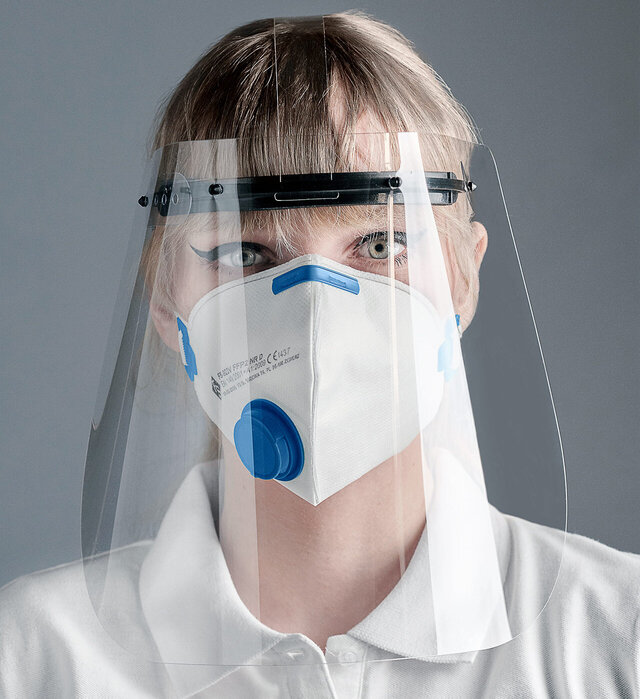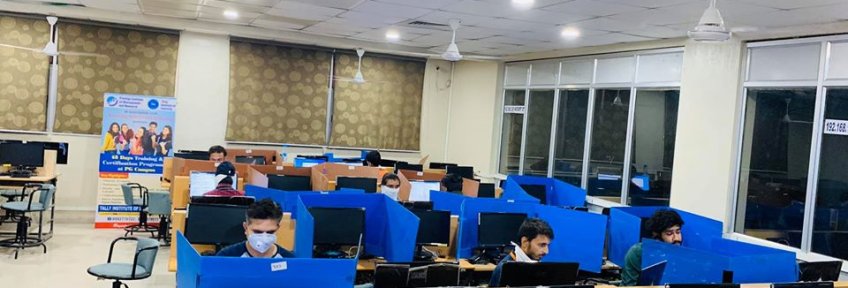Innovative response
As Indore was the facing this type ( medical emergency) of calamity for the first time, nor the administration nor its population understood the seriousness of the issue or had any experience in managing this type of crisis .There were number of low income and high-density localities where the households did not have enough food supplies (rashan) to sustain them for such a prolonged period of lock down. The people used to store food supplied for just one week. In the locked down the small retailers like the kirana stores and vegetable vendors were closed officially. Low storage capacity at home and non-availability of vegetables and daily needs forced people to step out in search of food.
Lack of understanding of the situation, non-availability of food (Indian use onion, potato, tomato, lemons, rice for their daily food preparations.) and daily necessity goods made the citizens not maintain the social distance. This increased the risk further of propagating the spread of the virus. Sudden strict lockdown did not give the people the opportunity to prepare for the situation. The above two factors were making lockdown not successfully implementable thus further aggravated the problem .
To manage the calamity Chief Minister overhauled the administration. Mr Manish Singh, IAS was appointed as Collector of Indore . Mr Manish had served as IMC Commissioner previously. CM appointed Mr Chandramauli Shukla, IAS as in charge Health and Hospital Management. The top team met and decided to create COVID-19 War Room to fight against pandemic with Innovation, Technology and smart attitude.
The goal of the war room was to streamline the administrative processes and work. War Room was required to bifurcate the functions and use limited resources and obtain productive outcome. War room covered Health issues, Hospital Management and it also managed Collector’s Helpline for emergency issues.
Specific issues addressed and anticipated impact
Activities of War Room:
1. Data feeding and report formation
2. Tackling emergency health issues
3. Providing efficient ambulance services
4. Reorganization of hospitals under various zones; Green, yellow and red.
5. Coordination between Yellow and Green Hospitals for treatment of asymptomatic patients
6 Allotment of PPE kits and basic medical equipment’s to Nodal officers.
7. Utilization of medical resources using technology based MIS
8. Managing emergency collector helpline calls.
9. Raising and use of volunteers efficiently.
10. Food management and supply
11. Arranging Shav Vahan in case of any problem.
12. Daily monitoring of 5000 citizen those who came from abroad and other states .
The committee headed by Commissioner Indore Division, Commissioner IMC, Collector sat together and started writing down the challenges,
1. The primary challenge faced in creation of war room was assembling of man power and then providing them with proper basic medical equipment and maintain social distance.
2. Second issue aroused of infrastructure management, including technology .
3. Last challenge was arrangement of finance.
I: Manpower: Volunteers
Now came the stage of confronting the challenges and thus Incharge Health and Hospital management, Mr Chandramauli Shukla approached Dr. Punit Kumar Dwivedi, Brand ambassador Swacch Indore who had been serving the government since years in various ways. Dr. Punit Dwivedi arranged 150 volunteers with the help of his 5 member’s core committee - Neeraj Mishra, Vruddhi Doshi, Bharat Bhushan Shukla, Akshat Yadav and Puneet Tiwari. Volunteers were approached using social Media platforms, personal contacts and word of mouth.
Dr. Punit and his team came out with an emotional pitch of serving the nation and addressing them as Corona warriors helped attract young college students. Technology like watsup app, google forms were used. The usage of media platforms to promote COVID War Room and attracted more people to serve voluntarily.
Organisations/institutions involved
Government of Madhya Pradesh
Indore Municipal Corporation
Collectorate
Hospitals
Indian Institute of Management Indore
Potential issues
Customization as per local issues like location, weather, concentration of population, Infrastructure, level of education and technology
- Regional/State government
- Local government
Issues being addressed:
- Resource management and mobilisation
- Governance responses
- Real-time data collection, sharing, and analysis
- Public service delivery under new circumstances
Response contact:
Response tags:
Digital TransformationDate Submitted:
1 May 2020


